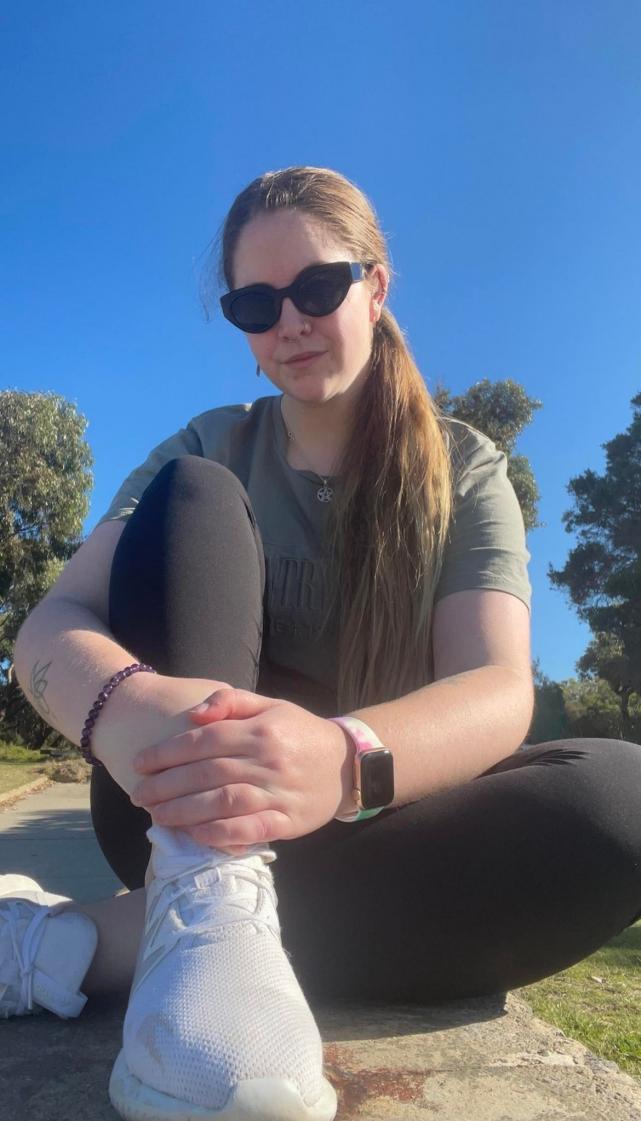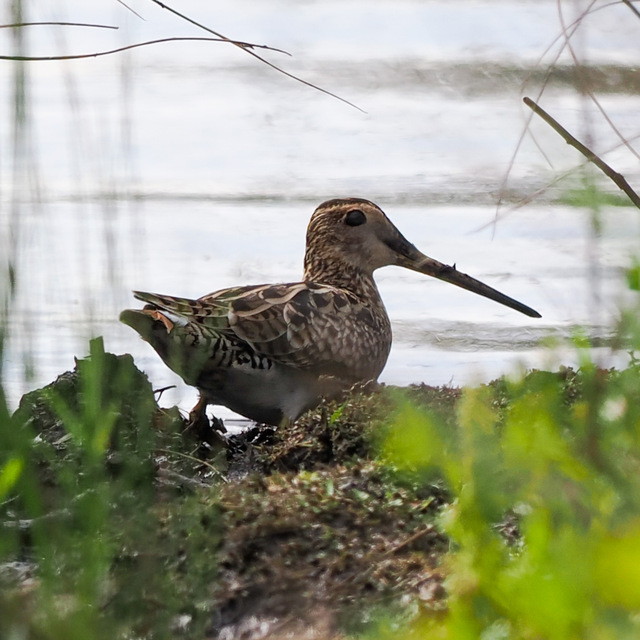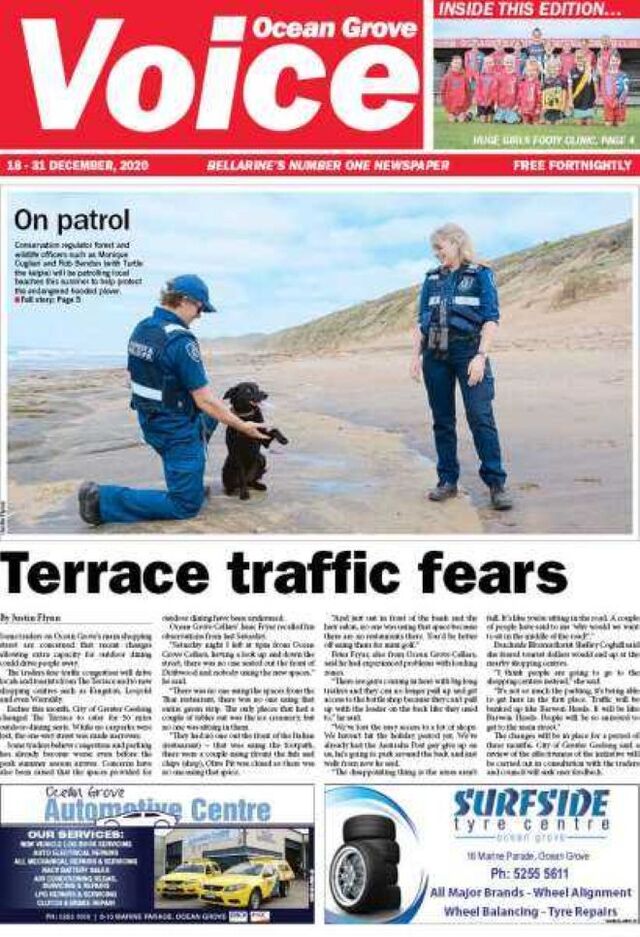Tess Swift never contemplated that a family holiday to Thailand would be the beginning of seven years of hell.
The then 20-year-old Ocean Grover was in the final year of her nursing degree in Geelong when she took a family holiday with her mum and sister in 2015 to the Kata Beach area in Southern Thailand.
Soon after arriving home Tess became ill with severe abdominal pain and nausea causing her to be admitted to her local hospital.
Suspecting appendicitis, the doctors removed her appendix, and she was discharged after a few days.
The surgery did not relieve the severe abdominal pain and extreme nausea and over the next three years her health continued to decline.
Tess spent many months in various Victorian hospitals, consulted a range of medical specialists, had multiple tests and surgeries with no definitive answers.
Tess was fitted with a feeding tube, initially through a tube in her nose and then through a tube placed in her stomach. She was unable to work for many years and spent many months in hospital with medical specialists searching for answers as to why a perfectly healthy 20-year-old would suddenly become so unwell.
In 2019, Tess was admitted to the Royal Melbourne Hospital where she spent many weeks. It was during this long stay that doctors took more blood tests that would later turn up the answers she had been searching for.
After many years of living with a debilitating chronic illness a letter from the infectious diseases unit at the Alfred Hospital in Melbourne arrived in November 2022 outlining that she has tested positive for gnathostomiasis (a rare parasite) endemic in Thailand that had migrated into her abdomen ‘leading to permanent damage in bowel, stomach and colon’.
Although the blood test that would confirm the presence of the parasite was taken in 2019 all tests to confirm the presence of the parasite have to be carried out in Thailand.
Due to the
pandemic that effectively shut down international airports, it would be September 2022 before Tess’s blood sample would finally make it to Thailand.
The positive test identified that Tess has Gnathostoma spinigerum, a rare parasitic worm found in Thailand and can live in the body for up to 20 years.
Tess is now undergoing treatment with the aim of killing the parasite, but it is unlikely that she will recover from the significant nerve damage it has caused throughout her body.
Tess is just the 68th person in Australia to be diagnosed with the infection.
Tess, now 28, said the diagnosis was “bittersweet”.
“It’s nice to finally know what happened to me,” she said.
“It’s bittersweet because it means I’m not going to recover. Because I have had it for seven years, it’s done a lot of damage.
“Now it’s just managing the symptoms. I have a feeding tube and a spinal cord stimulator to manage my pain.
“I was a perfectly healthy 20-year-old when I went to Thailand.”
Tess is now a registered nurse and works as a disability support worker, which she says she “absolutely loves”.
“I feel like I have two full-time jobs,” she said.
Managing my health is a full-time job on its own. We’d never heard of this parasite before the diagnosis. No one could figure out what was wrong with me.
“It got to the point where we never thought we’d get an answer as to why I was so sick.”
Tess said visitors to Thailand should be careful of what they eat as the parasite is picked up via fresh water.
“People most commonly pick it up from eating freshwater fish,” she said.
“You could get it from pork or chicken that might have drunk the parasite.
“But the food in Asia is amazing. It’s a risk you take when you travel.”










